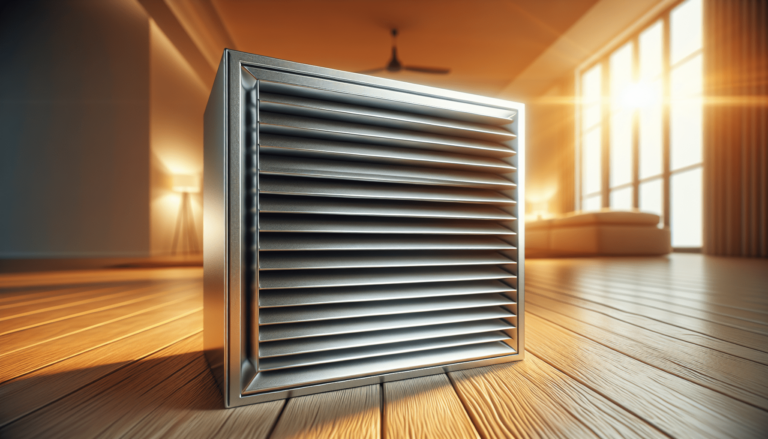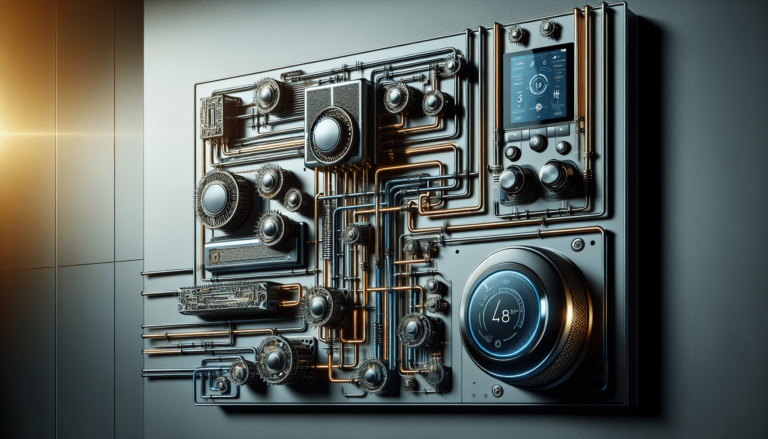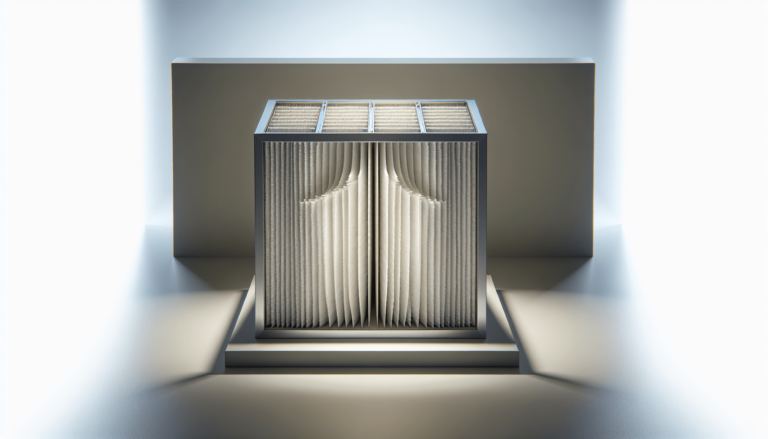

HVAC Services
Get Professional Repairs From The Area's Trusted HVAC Technicians. Ask About Our Services! We Offer Professional Heating & Cooling System Repairs And Guarantee Long-Lasting Results.
Got Question? Call us: (850) 678-2665Financing
Managing And Reducing HVAC System Noises
Uncover the mystery of HVAC noises with our playful guide. Banish those clanks and hums while keeping your cool (or warm). A quieter home awaits!

Have you ever noticed those strange sounds coming from your HVAC system? Maybe it’s the clanging, the whooshing, or even a peculiar humming. You’re not alone in wondering why your otherwise quiet home is suddenly filled with these uninvited guests. HVAC system noises can be quite the party crashers. They can disrupt your peace, cause concern, and leave you questioning their very origin. But fear not! This guide is tailored to help you understand, manage, and ultimately reduce those bothersome HVAC noises. Let’s navigate this without resorting to technical jargon that makes your eyes cross or your head spin.
Understanding HVAC Noise Sources
Knowing where these noises come from is the first step in silencing them. Your HVAC system is like a symphony of many parts, each with its own role. When things are running smoothly, it’s a harmonious blend. However, when one part goes off-key, that’s when the noise begins.
Air Vents and Ductwork
Air vents and ductwork are like the vocal cords of your system. They carry the air that heats and cools your home. Sometimes, they expand and contract with changes in temperature. This thermal movement can cause popping or banging noises.
Furnace or Air Handler
This is the powerhouse. It’s what makes the air move. Sometimes, fans become unbalanced, leading to wobbles and shakes that result in rattling sounds. Loose components can also vibrate, creating a cacophony of clanks and clangs.
Refrigerant Lines
These are like the veins of your HVAC system, transporting refrigerant to and from your cooling units. Vibrations in these lines can lead to a buzzing or humming noise. Different pressures throughout can also cause hissing or high-pitched whining sounds.
Common HVAC Noises and Their Causes
You’ll find a variety of noises commonly linked to HVAC systems. Identifying these sounds can be like playing detective. Each sound has clues about its source.
Banging
Banging usually means a loose or broken part. It’s like if your car engine had a loose piston – not a good thing. Check for loose components like fans or pulleys within the system.
Clanking
Clanking is a sign of a part that’s come loose. Imagine an orchestra where someone hasn’t tightened the drum properly – the result is unpleasant and disrupts harmony.
Clicking
Clicking can be normal if you hear it when your system cycles on and off. However, constant or continuous clicking might indicate a failing thermostat or electrical control issue.
Buzzing
Buzzing often points to electrical issues. These issues could be due to loose wiring, a failing motor, or a faulty capacitor. It’s like a buzzing bee telling you something isn’t right.
Whistling
Whistling suggests restricted airflow. Dirty filters or ducts are common culprits. It’s like your system is trying to whistle out for help.

Solutions for Common HVAC Noises
Luckily, for every noise, there’s a solution. Here are some steps you can take to restore peace and quiet to your home.
Regular Maintenance
One simple fix is regular maintenance. Think of it as feeding and watering your HVAC system regularly. It includes filter changes, cleaning, and inspections, which help prevent major issues from developing.
Tighten Loose Parts
Combatting noise can be as simple as grabbing a wrench. Tightening any loose parts, like panels or screws, can greatly reduce rattling and clanking. You get to play mechanic and enjoy immediate results!
Insulate Ductwork
Adding insulation to your ductwork helps reduce noise by dampening vibrations. This can also prevent thermal expansion noises from going ‘thud’ or ‘pop’.
Check and Replace Air Filters
Keeping air filters clean ensures proper airflow. This straightforward task prevents various noises and improves overall system efficiency. Plus, it’s a great feeling knowing your home’s air quality is better for it.
Upgrade to a Quieter System
Sometimes, the most effective solution is upgrading. Newer systems are designed with noise reduction in mind. It’s like trading in a blaring trumpet for a soft flute.
When to Call a Professional
There are times when it’s best to call in the pros. Your expertise as a homeowner only goes so far. Knowing when to hand over to a professional is crucial in preventing further damage.
Persistent Noises
If your attempts to silence the system fail, it might be time for backup. Persistent noises can indicate deeper issues like impending part failure or significant system imbalance.
Strange Smells or Reduced Efficiency
Weird smells or noticeable drops in efficiency paired with sound changes often suggest more concerning problems. Seeking a professional opinion ensures safety and system longevity.
Electrical Signs
Hearing buzzing combined with flickering lights or tripped breakers? Electrical issues aren’t a DIY situation. An experienced technician should address these immediately to prevent hazards.

Preventing Future HVAC Noises
The best defense is a good offense. Maintaining your system properly ensures it runs smoothly and quietly. Here are some preventive measures.
Establish a Maintenance Routine
Make regular maintenance as habitual as brushing your teeth. Scheduled inspections and professional tune-ups improve efficiency and prevent surprise noise developments.
Seal Your Ducts
Consider sealing duct leaks. Properly sealed ducts not only silence issues but improve energy efficiency by ensuring air travels where it should without escape.
Install Noise Barriers
Installing soundproofing materials around HVAC units or inside ductwork combats noise effectively. Think of it as giving your system its own quiet room.
Conclusion
There you have it, a comprehensive guide to managing and reducing HVAC noises. Remember, these sounds are more than just a nuisance—they’re communication from your system. By being proactive with maintenance and attentive to changes, you ensure your home remains a haven of comfort and quiet.
It’s worthwhile taking a moment to appreciate your system. Consider reaching out to experts like Tempacure Heating and Air Conditioning if problems arise beyond simple fixes. They’re equipped with the knowledge and tools to restore harmony to your household. Here’s to a quieter home and a serene living environment!
Tempacure Heating and Air Conditioning
325 Cedar Ave S, Suite B
Niceville, FL 32578
(850) 678-2665
https://tempacurehvac.com/







